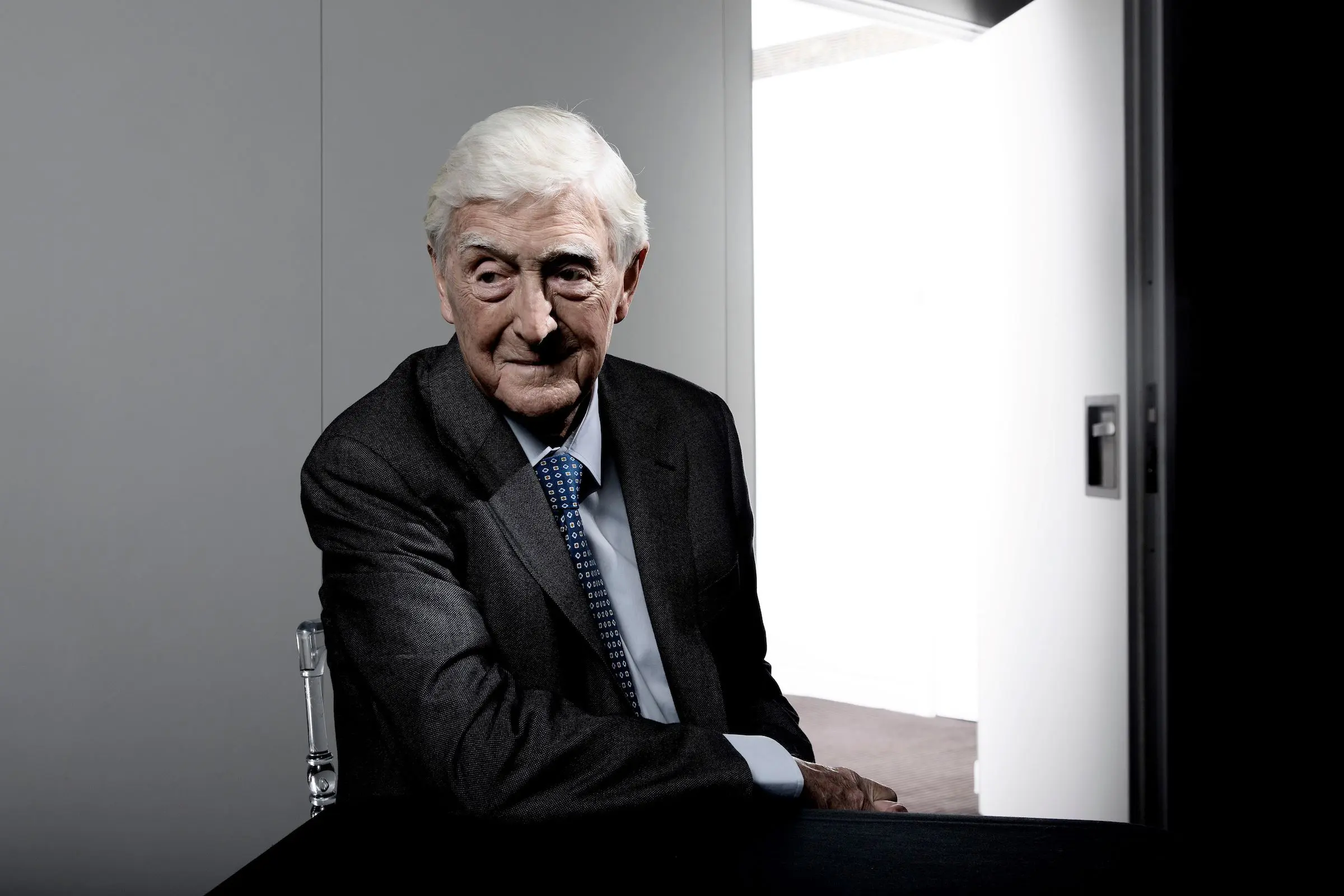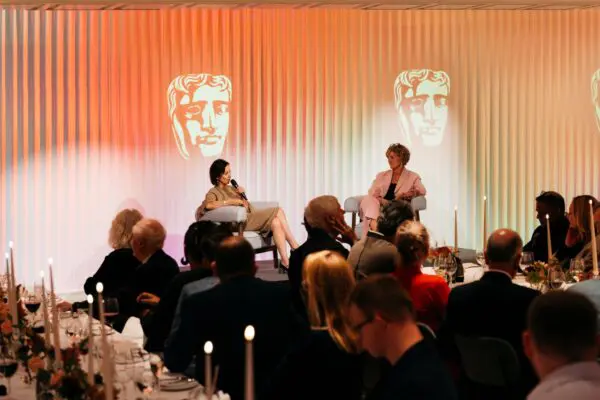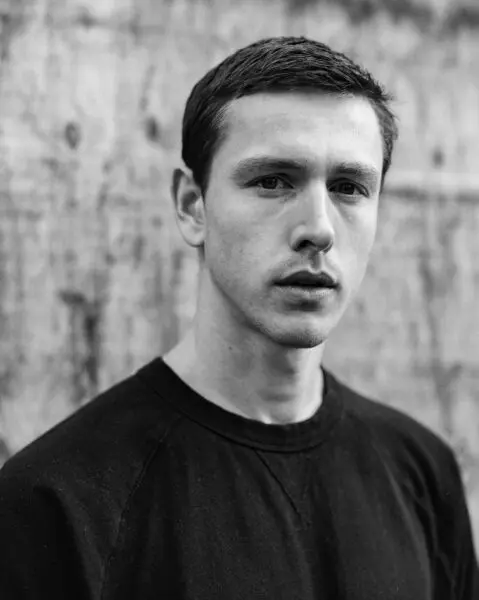He told the audience that it all began when he was working at Granada and was approached by Bill Cotton, the then BBC Head of Light Entertainment, to host a variety talk show to be transmitted during the summer lull. But he didn’t want to do that kind of show, and neither did his producer, Richard Drewitt. Together, they devised a new kind of programme that mixed comedy and entertainment with serious interview, which was first broadcast in 1971.
Parkinson challenged the prevailing format of traditional American chat shows, doing away with the desks used by hosts and gaining a degree of physical proximity and intimacy, which he admitted was key to his craft. “The more you lean in,” he said, “the more you engage the eyes, the more chance you have of getting something said and done.” The great American talk show hosts, such as Johnny Carson, didn’t mind having a desk between them and the guest because they were comedians, and not interviewers. The desk was, in fact, somewhere they could conveniently put their script, he joked.
But breaking with convention and creating something new wasn’t easy. “If you don’t have the ratings,” Parkinson reflected, “you don’t get the big Yanks.” It was decided that if they could land Orson Welles, other guests of equal calibre would follow. Sure enough, after a bit of arm twisting, a vast amount of money and a mattress onboard a BA plane (Welles stipulated that he needed to lie horizontally on the flight over), the deal was sealed. On their first meeting, Welles, a great hero of Parkinson’s, enquired into how many talk shows he had done (three) and proceeded to drop his carefully prepared question sheet into the waste paper bin.
However, that sheet of paper was the culmination of three years’ worth of preparation (courtesy of his journalistic training), leading Parkinson onto a key element to his craft: research. “The entire basis of the interview is what you do beforehand”, he noted, even though you might only use 10 per cent of this in the interview itself. For Parkinson, when you’re trawling through every corner of someone’s past, you want a person who can edit the research for you, and for this reason, his researchers have always been chosen “as much for what they could write as what they uncovered.”
Watching his 2006 interview with Noel Gallagher, the audience saw the moment when Parkinson’s prior knowledge of the musician’s upbringing prompted the guest to ask the pertinent question: ‘How do you know all this?” As Kirsty Young described it, this was surely “the moment that every interviewer lives for, when they feel they have reached originality.”









